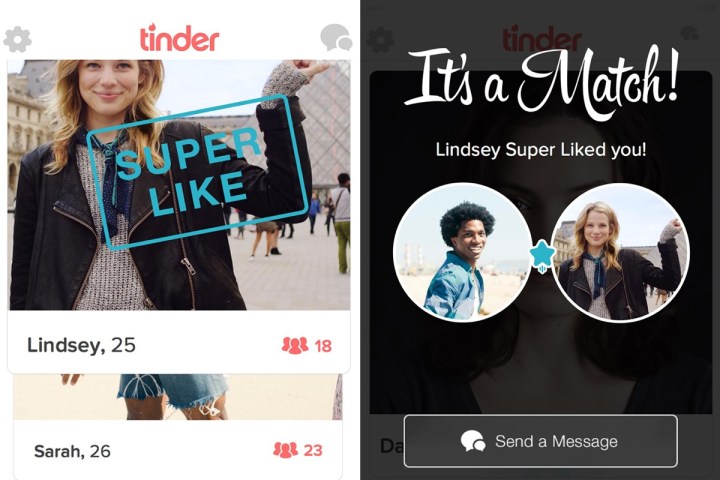
The first assumption might be that Facebook and the online dating apps are cross-sharing information. Between retargeting and other marketing efforts, it’s becoming commonplace for Facebook to provide us with ads promoting the exact size-6 ankle booties you were just thinking about purchasing, just as much as it is a platform to shamelessly stalk your high school crush. Researchers have recently found that Facebook may track you, even when you opt out of behavioral advertising, for as long as two years afterward.
When it comes to dating apps and Facebook, however, it doesn’t really benefit either to share information. Instead, the reason your dating and
Another possibility is that people you search for on Facebook might eventually show up on your list as suggested friends because the
Or, it could just be a strange, creepy coincidence, which probably doesn’t help much if you really don’t want to be reminded of bad Tinder dates. For now though, dating apps are likely not to blame.
Editors' Recommendations
- Are WhatsApp and Facebook down? Here’s what you need to know
- Your Tinder profile is about to change in 3 huge ways
- Tinder app now lets you run a background check on your date
- You can now video call your Tinder matches within the app
- You’ll soon be able to video call your Tinder matches


